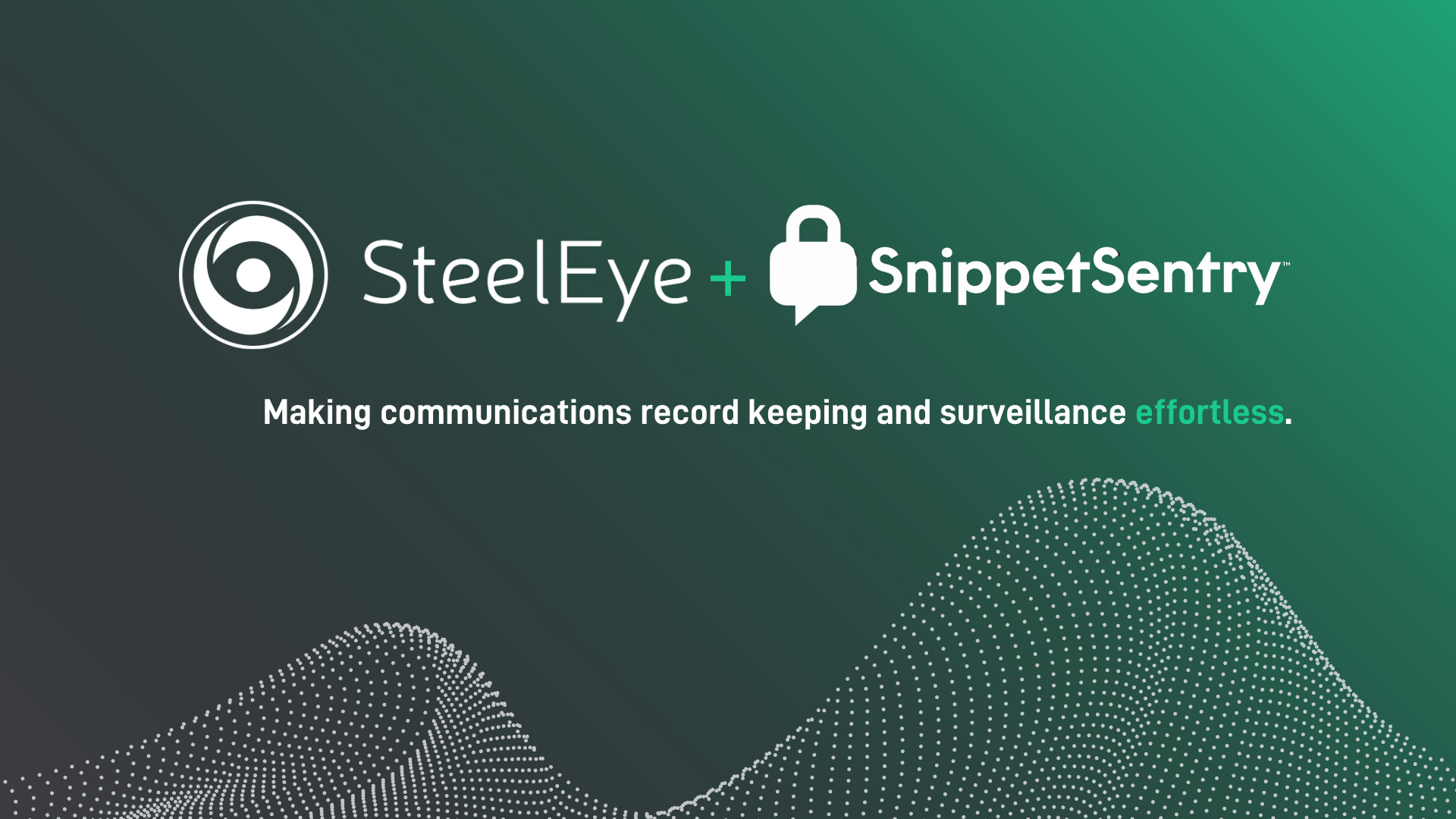In the Q4 issue of the Financial Technologist, SteelEye's Alicia Ariffin provides her thoughts on how to manage culture within a start-up and create a happy, engaged and motivated workforce. We have summarised some of the main takeaways below.
Establishing credibility with a new brand
When starting a company, a common challenge many will face is the lack of brand awareness and track record to support the sales process, particularly in the early days of the business. As with any product or solution, consumers get a sense of security from recognising the brand they are buying from - which can take years to build up.
To compensate for limited brand recognition as a start-up, it is important to build a team with a wide network and a good reputation in the industry that can carry the reliability, integrity and credibility of the company before the brand is able to speak for itself.
There is no “I” in start-up
Culture is another key consideration when establishing a start-up. When hiring, every manager should be asking themselves “does this person fit the corporate culture we want to create?”. You will quickly recognise when working for a start-up the importance of working with and supporting the team around you. We have all heard the saying “there is no “I” in team”, but in this context this really should be “there is no “I” in start-up”. It is therefore important to ensure the team you form in the early days is conducive to the corporate culture you want to create.
Promoting flexibility and autonomy to attract top talent
In order to build the best possible team, you need to attract the right talent. There are many factors that are important to people when deciding on whether to take on a new role. It is not just about what they will be doing on a day to day basis but also about the level of creativity, intellectual challenge and sense of achievement they will gain from the role.
Start-ups can offer a work/life balance and level of flexibility and autonomy that is not possible within larger firms. Not only is this attractive to younger generations, where we have seen a shift in an approach to work, but it is also appealing to new parents and those professionals that have worked in highly corporate environments most of their careers. Highlighting this can make a huge difference when trying to attract the right talent.
Trusting your team
American politician and former United States National Security Advisor, Colin Powell, once said: “Leadership is about people. It is not about organisations. It is not about plans. It is not about strategies. It is about people motivating people to get the job done. You have to be people-centric”.
Keeping your team engaged and fostering loyalty is a two-way process, and trust is vital for this. Your team needs to trust you and you need to trust and empower your team. Recognising that your team is your most important resource is key to retaining your people. This will lead you to appreciate that everyone is different and will be motivated by different things.
READ Full article








